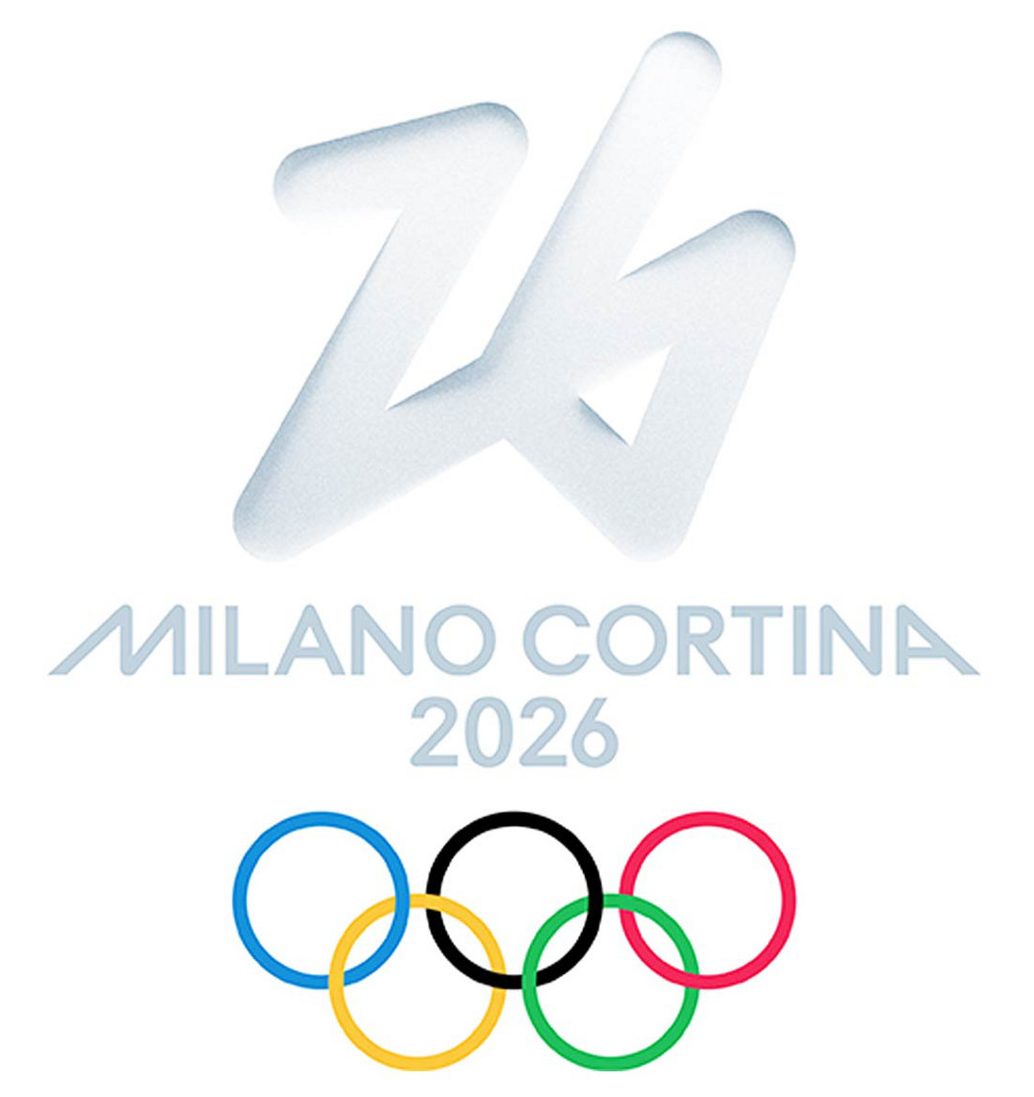History and activity
Establishment of the Polish Olympic Committee
The Committee for the Polish Participation in the Olympic Games was convened in the conference room of the Hotel Francuski in Krakow on October 12, 1919. It included Ludwik Christelbauer, Kazimierz Hemerling, Stanisław Kopczyński, Tadeusz Kuchar, Mieczysław Orłowicz, Władysław Osmolski, Stanisław Polakiewicz, and Henryk Szot-Jeziorowski. It was primarily decided to set up sports associations in the most popular disciplines, and to send a Polish, ”expedition’’, as it was then called, to the Olympic Games in Antwerp.
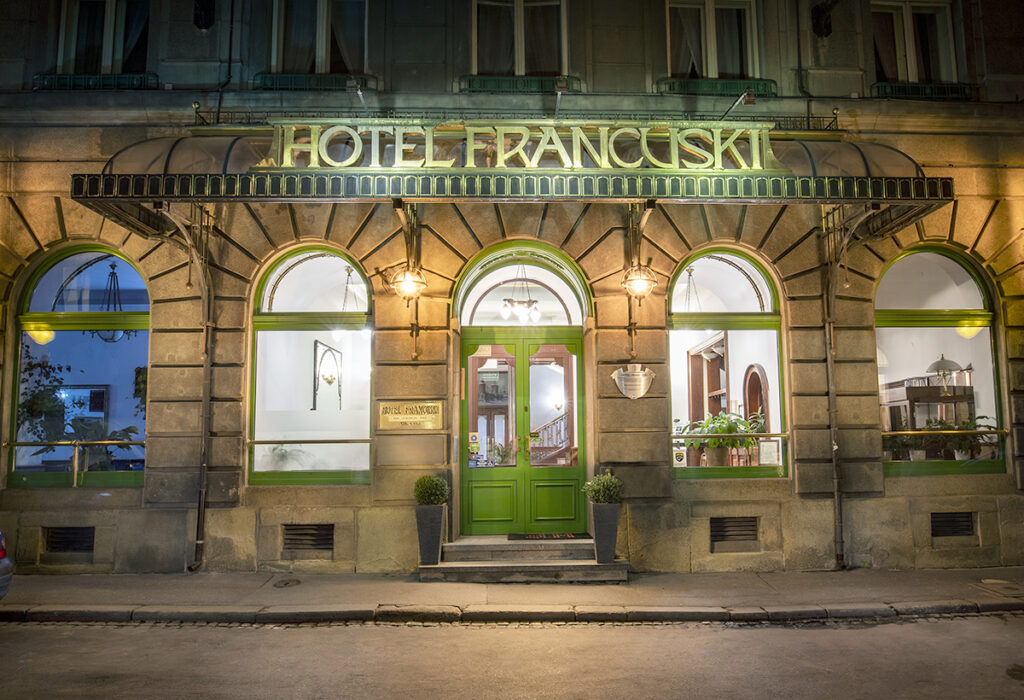
The Chief of State, Józef Piłsudski, assumed patronage of the committee, thereby confirming his interest in physical education and sport, while naming the honorary presidents was entrusted to General Józef Haller and the Minister of Public Health, Dr. Tomasz Janiszewski. The Committee Charter, which adopted the name Polish Olympic Games Committee (POGC), was accepted in December that year. The Board comprised Prince Stefan Lubomirski (President), Stanisław Polakiewicz and Tadeusz Garczyński (Vice-presidents), Henryk Szot-Jeziorowski (Secretary General), and Jerzy Kowalewski (Treasurer). The POGC immediately submitted an application for Poland to join the International Olympic Committee. Poland thus became a fully-fledged member of the Olympic family. The name Polish Olympic Committee (POC) was adopted in 1925 and is still in use.
The POGC immediately began to work intensively on preparing our team to compete in the 1920 Antwerp Olympics. Special departments were established for each sports discipline. These included representatives of the committee, sports associations, and sports clubs and societies. It was through them that the POC selected Olympic candidates, obtained temporary exemptions from military service for them, organized eight specialized training centers for individual sports disciplines, and conducted qualifying competitions. The POC also set up a Press and Propaganda Department to disseminate the Olympic idea and publicize the ongoing preparations. The team was accordingly ready to start, but the Polish-Bolshevik war was still being fought on Polish soil. The trip to Belgium was therefore canceled due to the necessity of deploying all available resources in defense of the state. The decision was conveyed to the participants on the opening day of the Games, and Poland only participated symbolically by marching in the parade.
First starts
Our first official start in the Olympic Games did not take place until 1924. Only a very small Polish team participated in the Winter Sports Week in Chamonix, which was later recognized as the First Winter Olympic Games. However, 78 Poles competed in 10 disciplines at the Games of the VIII Olympiad in Paris. Since then, Polish athletes have competed in every Olympiad, with the exception of Los Angeles in 1984, when, under the influence of the position adopted by the then political authorities, the POC joined the boycott of this event.
Some 3,000 Poles competed in the Games between 1924 and 2018, while more than 100 artists entered the Olympic Art Competitions. Hundreds competed twice, and dozens have competed at least three times. The record goes to fencer Jerzy Pawłowski and shooter Adam Smelczyński, both of whom competed six times. Our most successful athlete, Irena Szewińska, competed five times and won seven medals. Walker Robert Korzeniowski won the most gold medals (4). Cross-country skier Justyna Kowalczyk stood on the podium five times (our Winter Olympics record), winning 2 gold, 1 silver, and 2 bronze medals.
The gallery of famous Polish Olympic medallists was opened in Paris on July 27, 1924 in Paris by Adam Królikiewicz, who won the bronze medal in the individual jumping competition on his horse Picador, and the four equestrians who won the silver medal in the men’s team pursuit, viz. Józef Lange, Jan Łazarski, Tomasz Stankiewicz, and Franciszek Szymczyk.
Olympians during the war
The Polish Olympians distinguished themselves during World War II. They heroically participated in the Defensive War of September 1939. They later organized sports competitions in defiance of the Nazi occupiers’ prohibitions on playing sport, backed by threats of reprisals. Polish Olympians fought in the resistance movement, the Warsaw Uprising, and on all war fronts. Many of them were killed in action or murdered. Polish sport and the Polish Olympic movement suffered enormous and irretrievable personal and material losses during World War II.
Poland in the international Olympic Movement
The POC has maintained contact with the IOC since its inception. The POC’s active participation is evidenced by the rollcall of Polish IOC members. These are (chronologically): Stefan Lubomirski (1921-23); Kazimierz Lubomirski (1923–30); Ignacy Matuszewski (1928–39); Stanisław Rouppert (1931–46); Jerzy Loth (1948–61); Włodzimierz Reczek (1960–97); and Irena Szewińska (1998–2018). Poland has hosted IOC sessions twice (1937 and 1969), and six of the nine IOC presidents have visited the country, viz. Henri de Baillet-Latour, Avery Brundage, Michael Killanin, Juan Antonio Samaranch (on several occasions), Jacques Rogge (Doctor Honoris Causa, Academy of Physical Education in Warsaw) and Thomas Bach (Doctor Honoris Causa, University of Gdańsk). In 1969, the POC, as one of the few national Olympic committees, was presented the Olympic Cup in recognition of its achievements, while a dozen or so active members were awarded Olympic Order.
Former POC President Marian Renke served as Secretary General of the Association of National Olympic Committees (ANOC). Former ANOC Director Janusz Piewcewicz served as Secretary General of the International Fair Play Committee (CIFP). Former POC President Piotr Nurowski was a member of the Executive Committee of the Association of European Olympic Committees (EOC). The current POC President, Andrzej Kraśnicki is a member of the EOC Executive Committee and the IOC Athletes’ Entourage Commission.
POC members also participate in the work of the EOC commission (Andrzej Kraśnicki – Environment and Sport for All, Adam Krzesiński – Olympic Games, Luiza Złotkowska – Competition, Environment, and Sport for All, Jerzy Wenderlich – Olympic Culture and Heritage). POC president Andrzej Kraśnicki is also a member of the ANOC Executive Council.
The main task of the Polish Olympic Committee
POC is responsible for the organization and logistics of securing the participation of our teams in the summer and winter Olympic Games, summer and winter Youth Olympic Games, summer and winter European Youth Olympic Festival, European Games, [ANOC] World Beach Games. It includes submitting and carrying out the participants’ accreditation procedure, providing them with transport to and from the Olympic Games, equipping them with sport and official outfits, organizing medical care, team insurance, and providing, in close cooperation with Sponsors cash prizes for Olympic medallists.
Presidents of the Polish Olympic Committee
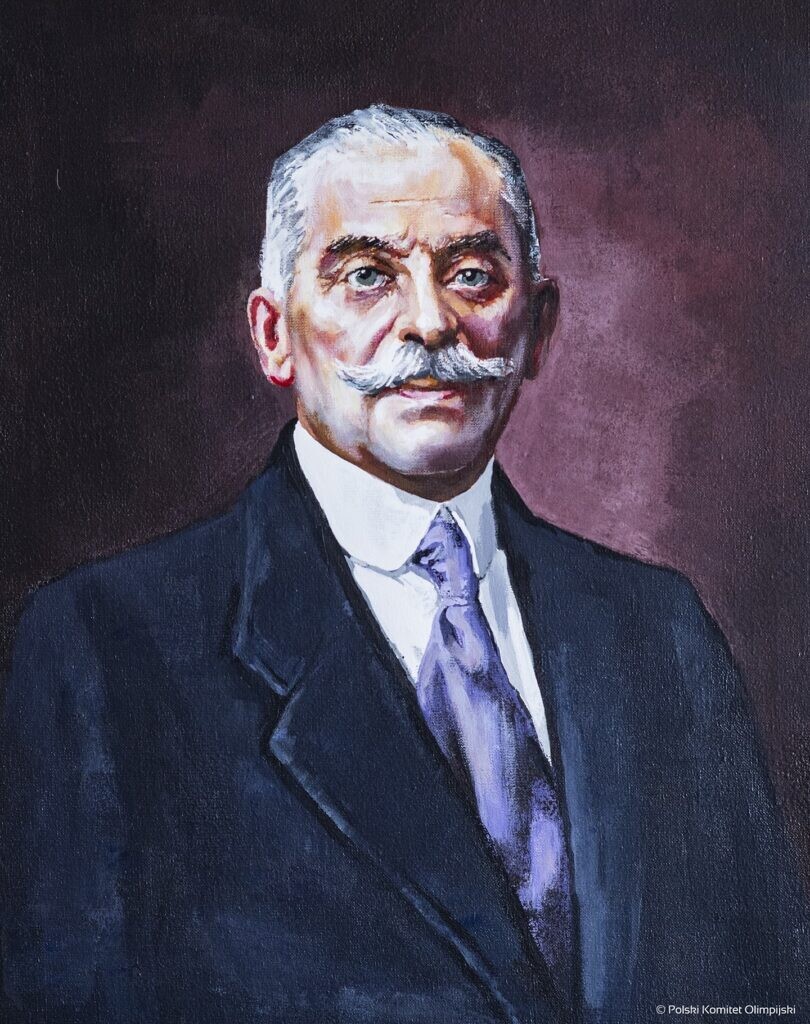
Stefan Lubomirski
(1919–1923)
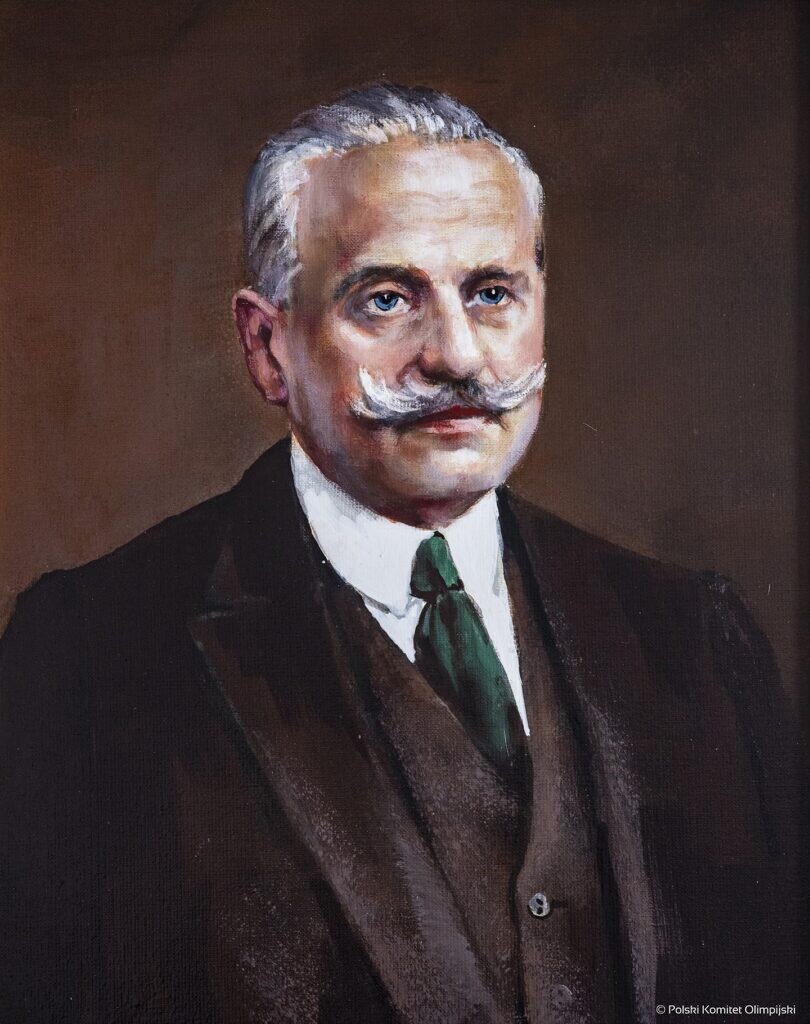
Kazimierz Lubomirski
(1923–1929)
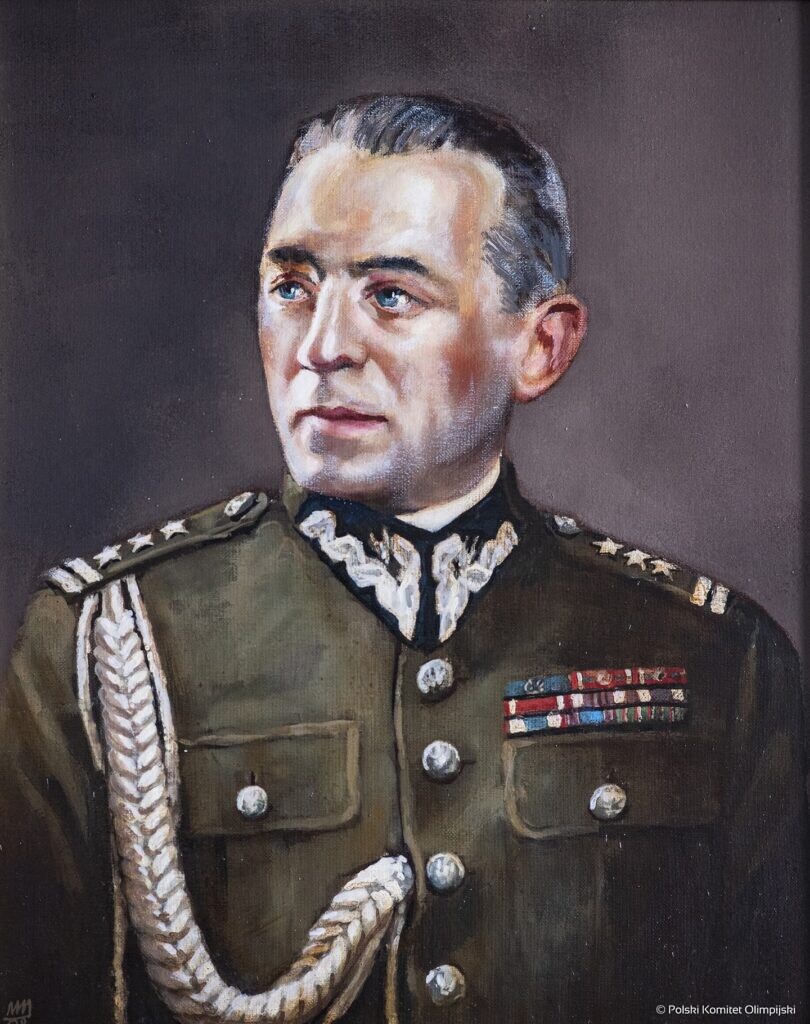
Kazimierz Glabisz
(1929–1939)
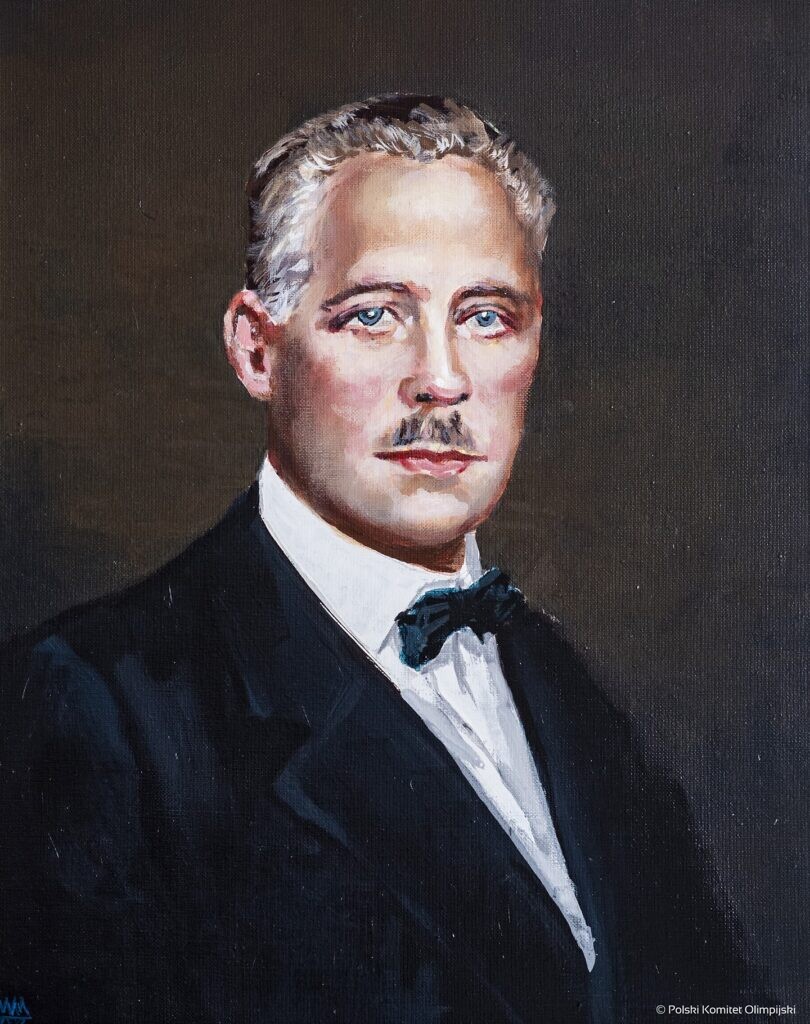
Alfred Loth
(1946–1952)
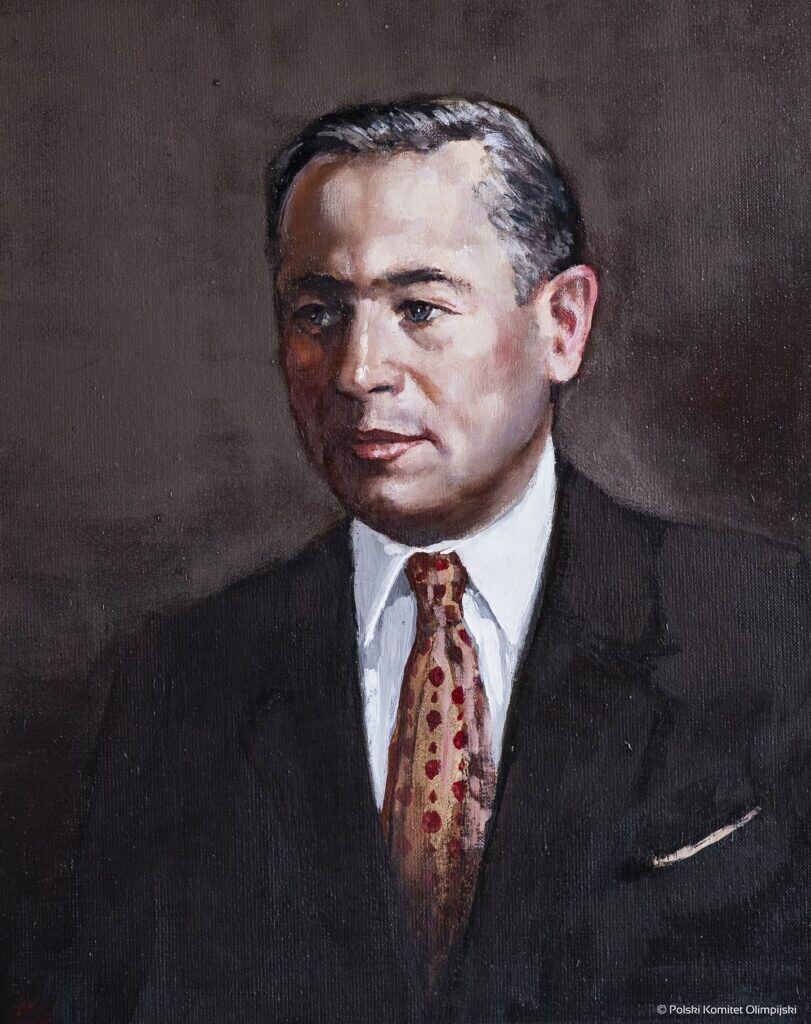
Włodzimierz Reczek
(1953–1973)
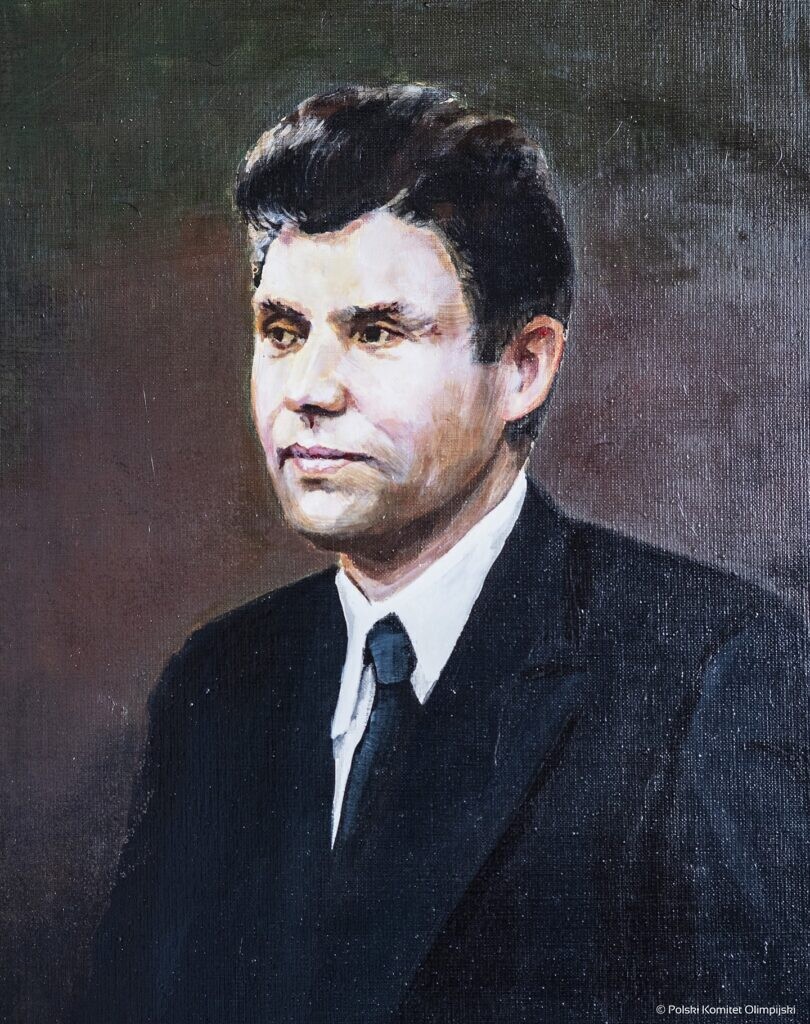
Bolesław Kapitan
(1973–1978)
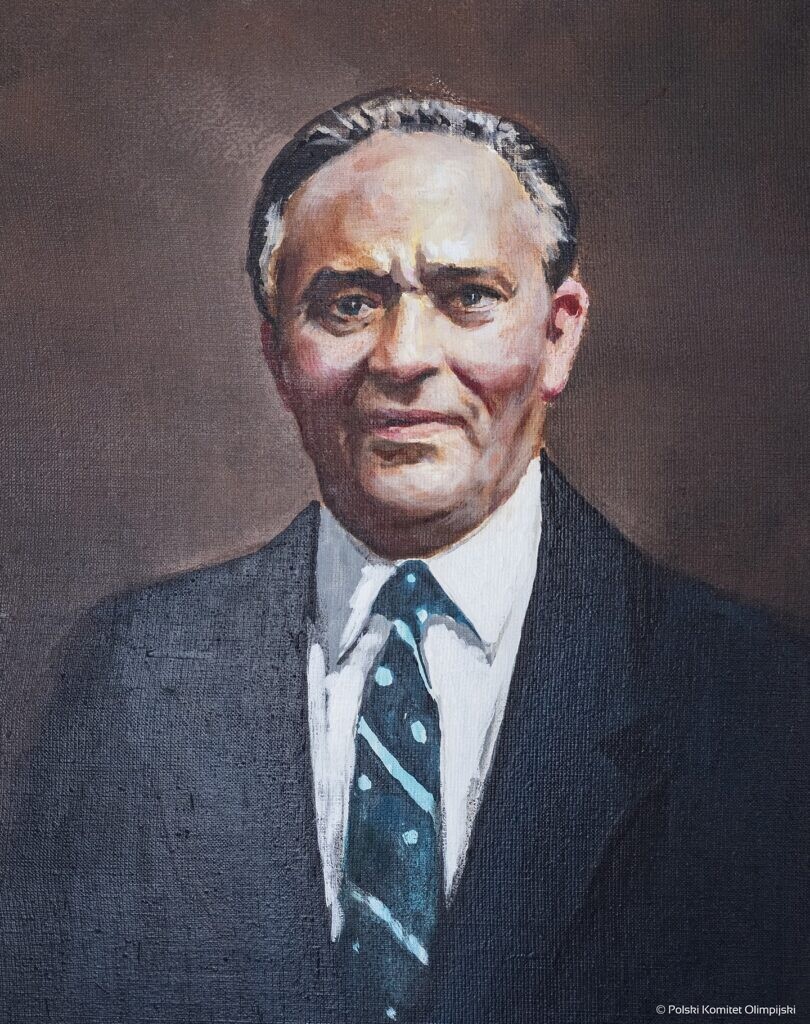
Marian Renke
(1978–1986)
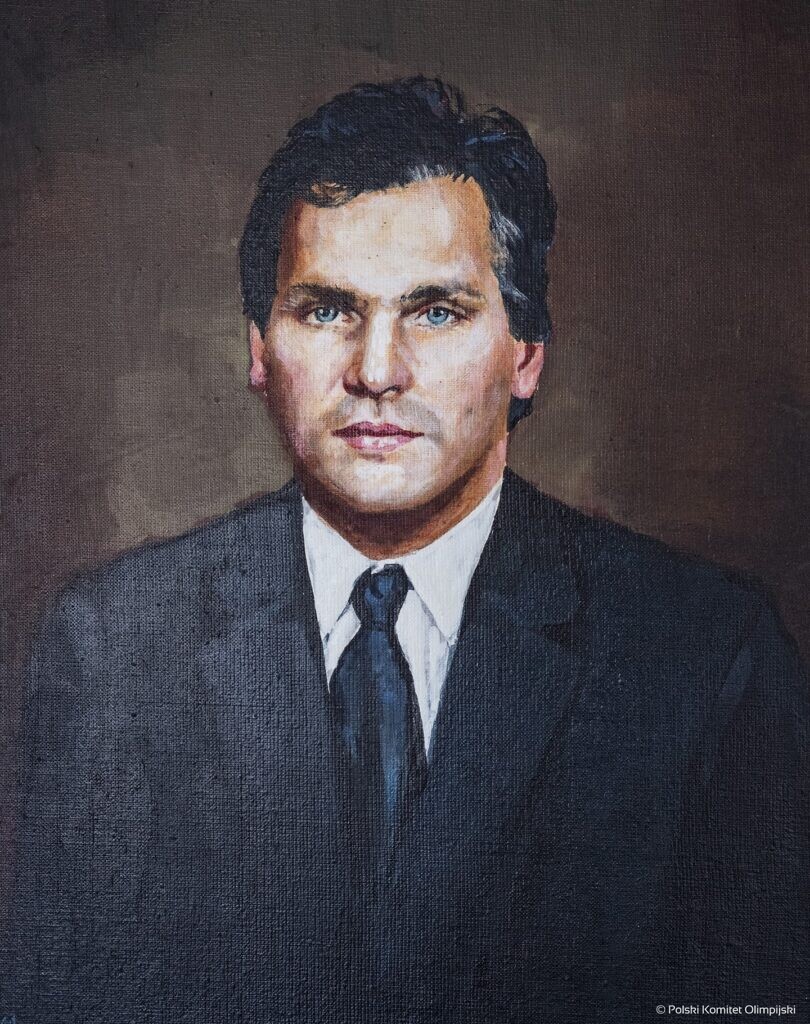
Aleksander Kwaśniewski
(1988–1991)
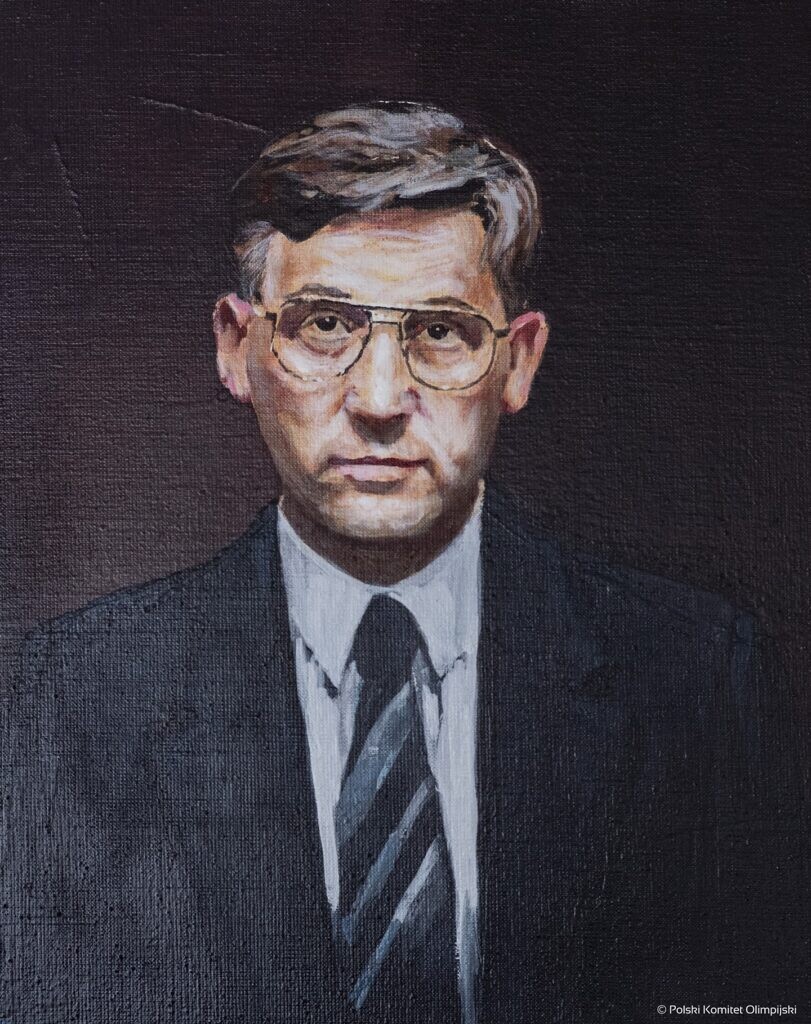
Andrzej Szalewicz
(1991–1997)
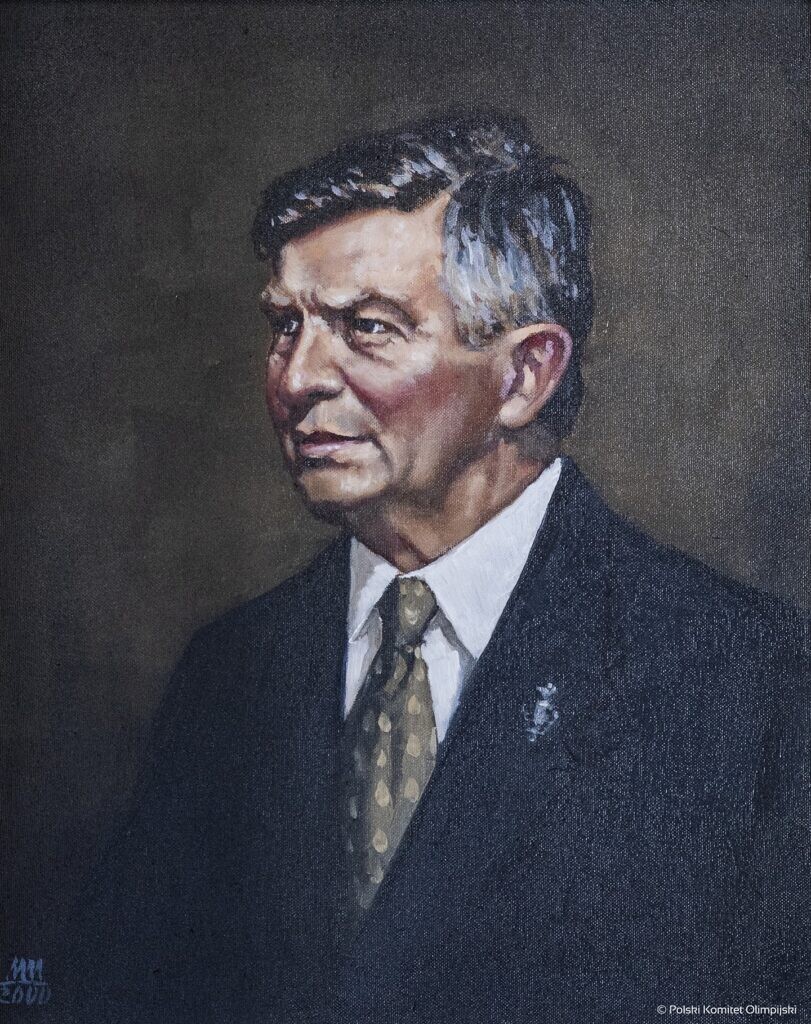
Stanisław Stefan Paszczyk
(1997–2005)
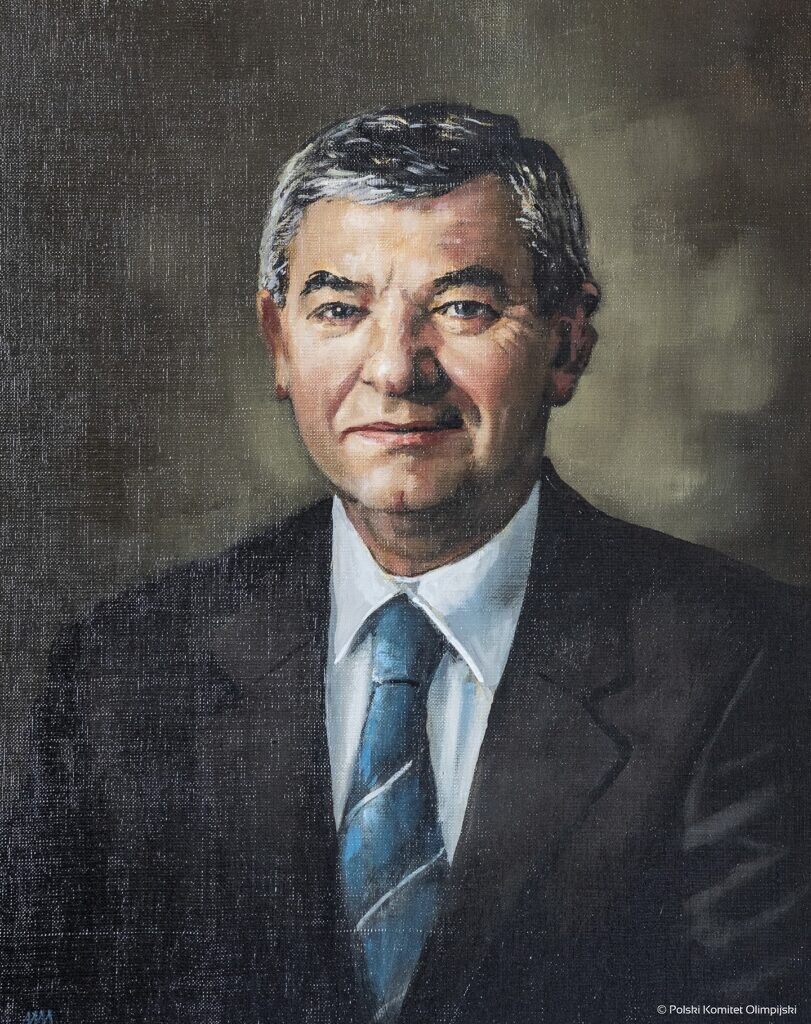
Piotr Nurowski
(2005–2010)
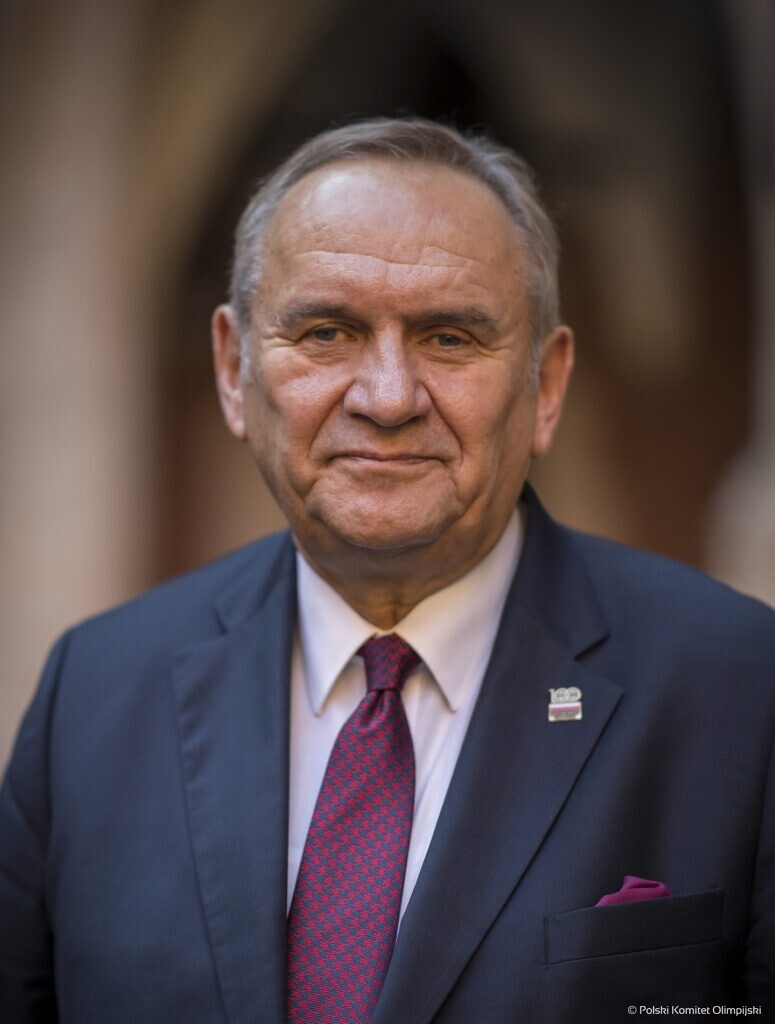
Andrzej Kraśnicki
(from 2010)
Secretaries General of the Polish Olympic Committee
Henryk Szot-Jeziorowski (1919–1921)
Adam Mryc (1922–1923)
Marian Strzelecki (1923–1924)
Jerzy Giżycki (1924–1925)
Wincenty Skotnicki (1925–1926)
Mieczysław Orłowicz (1926–1929)
Walenty Foryś (1930–1939)
Tomasz Lempart (1953–1963)
Leonard Grześkowiak (1964–1968)
Tadeusz Breguła (1969–1972)
Stanisław Drążdżewski (1972–1980)
Janusz Pawluk (1981–1988)
Zygmunt Szulc (1989–1991)
Tadeusz Wróblewski (1991–1997)
Janusz Tatera (1997–2005)
Adam Krzesiński (from 2005)
